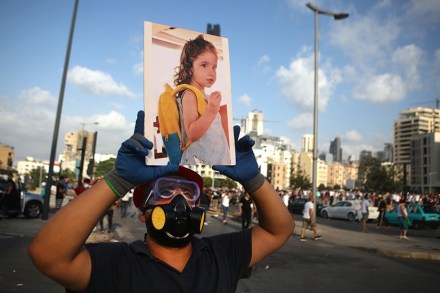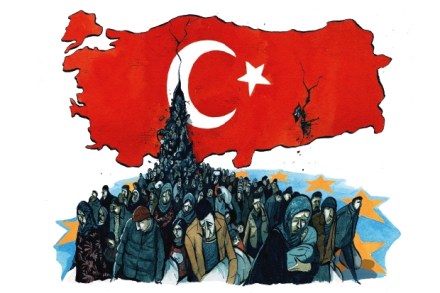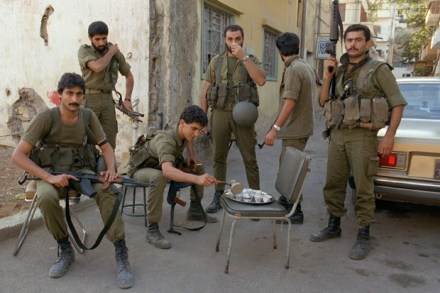The mood in Lebanon is for revolution
When 2,700 tonnes of ammonium nitrate left in Beirut’s port exploded last week, a three-year-old girl named Alexandra Najjar was torn from her mother’s arms as they ran inside from their balcony. In the same instant, every-thing in the apartment was flying through the air — doors, window frames, shards of glass, the air-conditioning unit, the family’s piano — and something hit the little girl. She died later from her wounds and on Lebanese social media she has become the ‘Angel of Beirut’, a symbol of the innocent people ‘murdered’ by their government’s negligence and incompetence, as her father, Paul, put it. He gave a restrained and dignified interview to



















